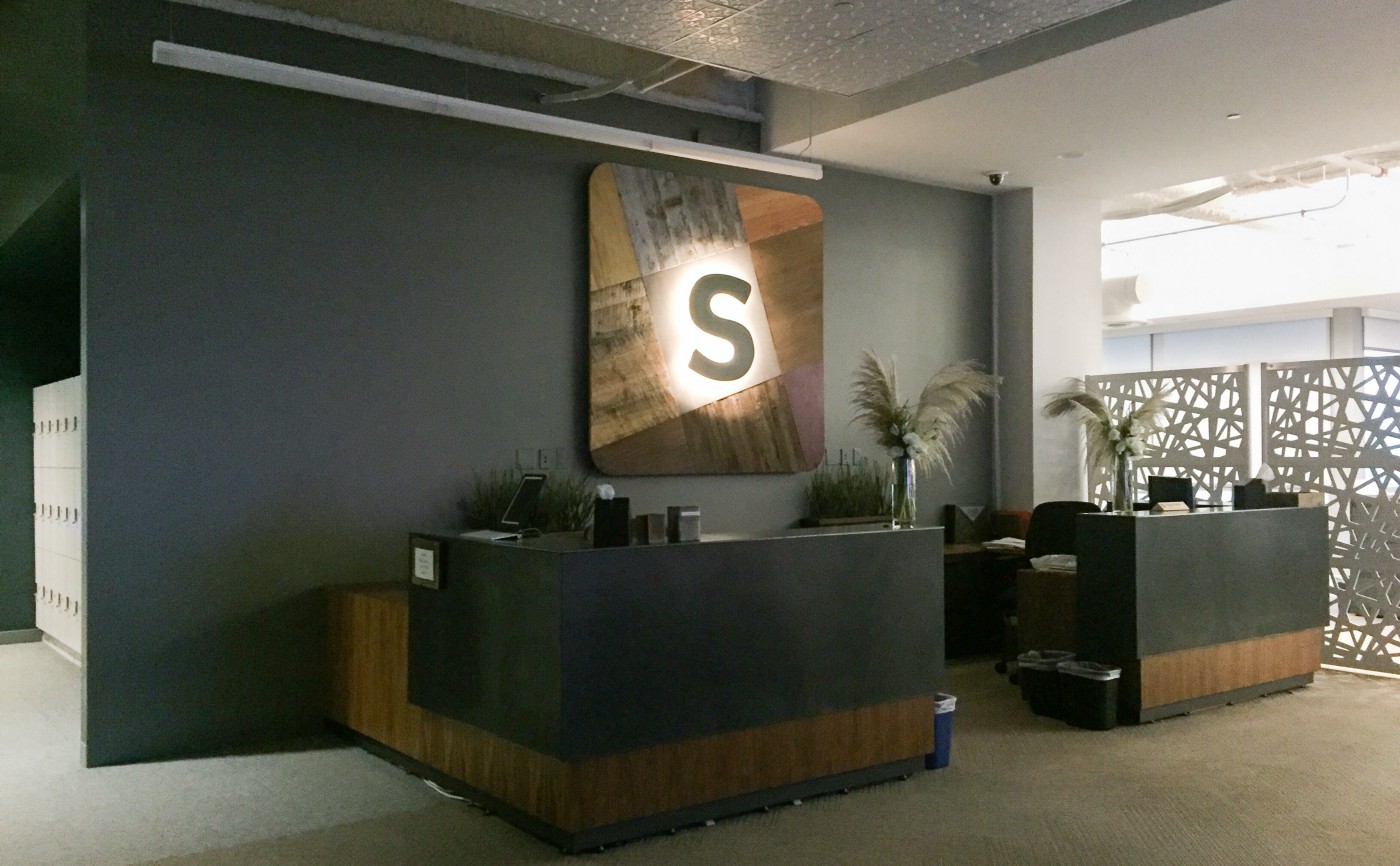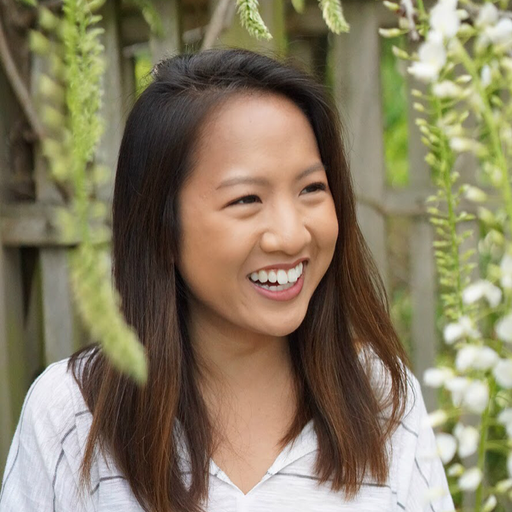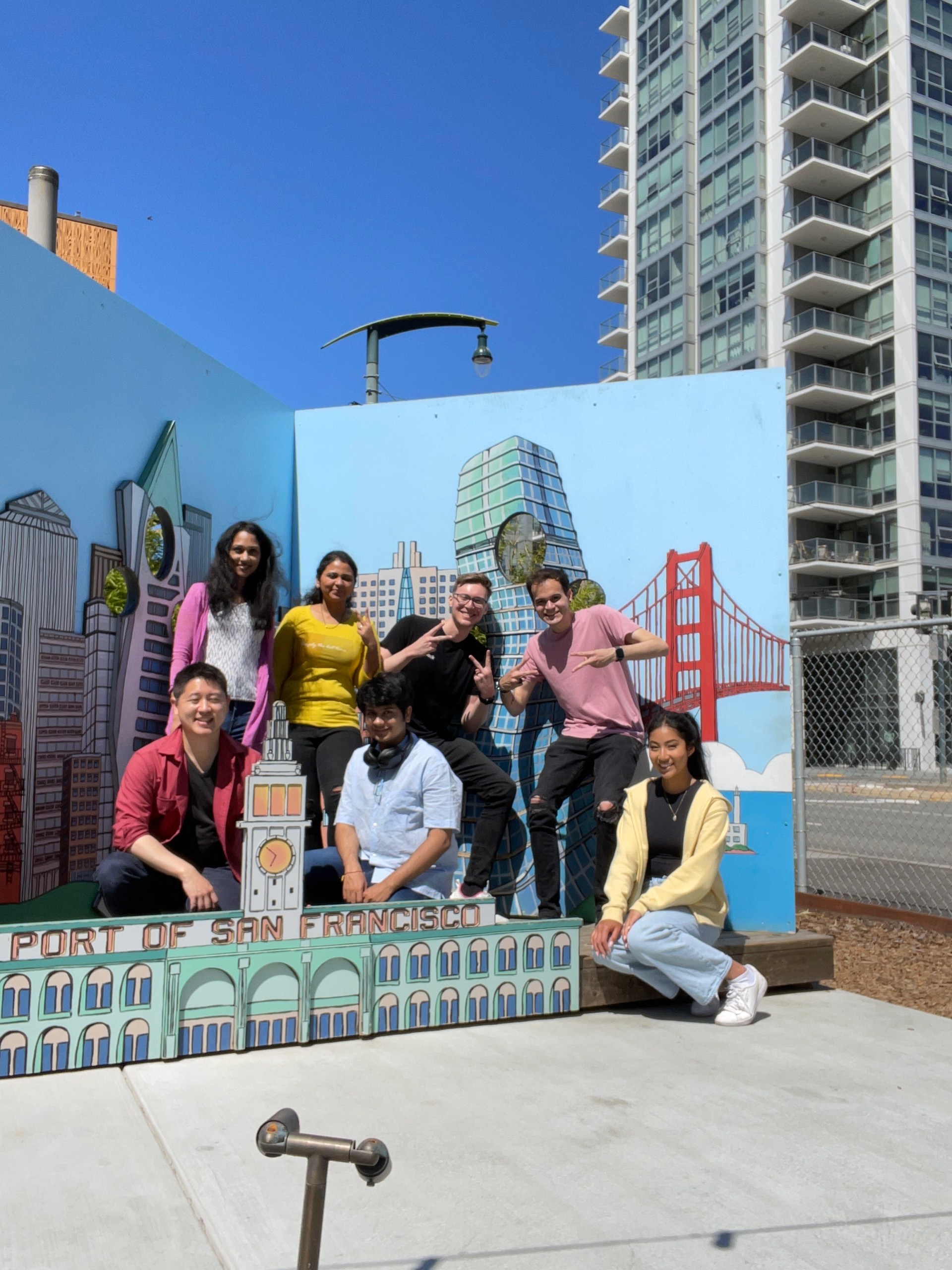Internships — the training grounds for the professional “real world”.
But what exactly does the “real world” entail? Working outside the bubble of the university classroom can be intimidating, especially at one of the fastest-growing companies headquartered in the oh-so-techy Silicon Valley.
While interning at Slack, I’ve collected insight into what drives the company’s success; how I can do the best work of my life (to date) while I’m here; and what it means to embody Slack’s core values of Empathy, Courtesy, Craftsmanship, Playfulness, Thriving, and Solidarity.
Before I dive into my takeaways from this summer, here’s some context:
- I’m a rising senior studying Computer Engineering and Music at the University of Washington.
- My main focus during my internship hunt was to find a company that I would be genuinely excited to join.
- I discovered and started using Slack through a cultural organization I’m involved with. I was introduced to Slack’s career opportunities through the Grace Hopper conference, which is fitting, because I care about diversity in STEM.
- Trust me, I’m still figuring things out. This summer taught me a lot, but my views are constantly changing as I learn new things and grow from my mistakes.
Take goal-setting seriously
Twelve weeks sounds like a lot of time until you actually start working through it. Taking charge of my internship experience by actively seeking out ambitious, measurable goals has been the most important factor in creating purpose and motivation in my day-to-day work.
At Slack, there is huge emphasis on thriving in oneself and others by living up to your full potential every day. Pursue whatever methods that help you and your team track and prioritize these goals. For me, this meant two different things: (1) creating big picture goals and (2) tracking them, using a spreadsheet to record a plan and maintain weekly measurements for each. Slack has given me more autonomy and freedom to create than I could expect (and probably deserve), so it’s only fitting that I paint my own goals with that same liberal brushstroke.
Realize your opinions matter
The transparency inherent in Slack’s product itself also manifests in the company’s structure. Talking to a director, VP, or any other flavor of higher-up is as simple as starting a new Direct Message conversation on Slack. In that same vein, it’s commonly understood that all opinions are taken seriously at the meeting table, no matter who it comes from — even myself, the 21-year-old college student.

While interning at Slack, I’ve been surprised by the willingness of more-experienced engineers to listen to my suggestions and debate my design decisions.
For example, one of my projects was to make search in Slack’s App Directory more relevant for our users: What fields do we allow our users to search for? How can we weigh query fields in a way that matches are considered relevant? Questions like these paved the way for spirited discussions with full-time engineers and product managers.
I worked on the query processing aspect of the project, so the final iteration included my suggestions to make use of Apache Solr’s finer-grained querying capabilities. For example, users can require terms in a search result by prefixing a term with ‘+’, exclude terms in a search result by prefixing a term with ‘-’, or require exact phrase matches by surrounding a query by quotation marks.

I got the chance to add value to a feature used by thousands of users because I knew that my opinions were important to the overall search experience.
Ask (the right) questions
As common knowledge would share: ask questions. During my first week, I hesitated to ask questions in fear of bothering senior engineers or seeming incompetent; I learned very quickly, however, that it’s much more efficient to ask specific questions after independent research than to dwindle an entire day to one problem.

Courtesy plays an immense role in the way that work is done at Slack. Before asking another engineer, designer, or product manager for help, it’s a huge show of respect and empathy for others when you come sufficiently prepared with context surrounding the problem. I’ve learned that meetings are best done with a goal in mind: “I want to learn more about your workflow with tool X”; “I want to see if I’m interested in a future in Product Management”; or “I want to learn about your experience as a woman and/or minority in tech”. In all these scenarios, practicing courtesy goes a long way with the quality of answers and feedback you receive.
You’re here to learn.
As an intern, you’re not expected to know everything. Imposter syndrome might bubble up, but place things in perspective: understanding your on-the-job learning style will be more valuable to you in the long run. You’re here to learn.
Good engineers are experts at teamwork
My introductory weeks at Slack were eventful for the Platform Team, marking milestones such as the release of message buttons and the funding of 11 additional startups through the Slack Fund. As part of the team that allows other developers to create interactive experiences within Slack, I knew I needed to immerse myself in our collective mission to build better developer products and distribution mechanisms for apps.
Influential engineers are champions of sharing knowledge and contributing to team discussions.
To dip my toes in the water, I reached out to members of our team for quick coffee chats, attended various developer brown-bag talks, and shadowed people in roles different from my own. Through these small initiatives, I learned that some of the most influential engineers are champions of sharing knowledge and contributing to team discussions— all while practicing patience and humility.
In the bigger picture, team bonding and interpersonal relationships between engineers, designers, product managers, and engineering managers lead the way to shipping better products, since communication and trust are required to nurture an idea to a design to an engineered result. Realizing this early on reduces friction between different team roles and provides motivation for smooth transitions between the various stages of building a product.
Find your fit
Or at least get a better idea of what you want out of your career. If you’re like me and you haven’t written an executable 10-year-plan (do people do this?), then identify your core values in their infancy and pivot accordingly.


It’s all an iterative process of self-reflection and questioning: What kind of technical and non-technical challenges do you want to tackle? What kind of personalities do you want to surround yourself with? What impact do you want to make in the grander scheme of things, perhaps even beyond the workplace? Working for a company that aligns with your values will make you happier, and ultimately, more productive in your role.
It’s all an iterative process of self-reflection and questioning.
While at Slack, I’ve been exposed to the feel of a large startup — there’s less bureaucracy and greater breadth in roles, which means the pace is generally faster than, say, a multinational corporation. There’s still a lot of unsolved problems and possibilities to explore, so everyone takes on non-trivial responsibilities. Each day counts. Throughout this summer, I’ve challenged myself to reflect daily in hopes of getting closer to understanding my “fit.”
Enjoy the experience
It’s easy to get wrapped up into the details of day-to-day tasks and projects, but I’ve also realized the value of immersing myself in the workplace culture.

During the time I’ve spent at this company, I’ve met so many incredible people. I’ve heard their stories about where they’ve been in their lives, and they’ve inspired me to think about where I want to go in my own. I’ll remember trips to the food trucks across the street, early morning conversations on the patio, and celebratory high-fives in the cafe after releasing a feature.
When someone asks me about my summer, I’ll first tell them about my team and fellow interns. These people will continue to be my colleagues, friends, and mentors even after I return to school in the fall. They make up the most memorable part of this experience, and I know I’ll continue to go to them for career advice, candid feedback, or playful conversation.
Take on high impact, high visibility projects that you might not know how to tackle initially.
Internships are two to three month journeys meant to push you to think critically outside a classroom context. At the end of the day, you should feel like you’re better prepared to transition into industry — one that’s always changing and presenting new, interesting problems.
Every internship experience is different, but remember that you‘re an asset to the team. Take on high impact, high visibility projects that you might not know how to tackle initially. Run with any ideas that experienced engineers might not spot, especially as someone with a fresh perspective on the codebase. Challenge issues in the workplace that you care about. And of course, most importantly, enjoy the experience every step of the way.

Want to help Slack solve tough problems and join our growing team? Check out all our open positions and apply today. Apply now




